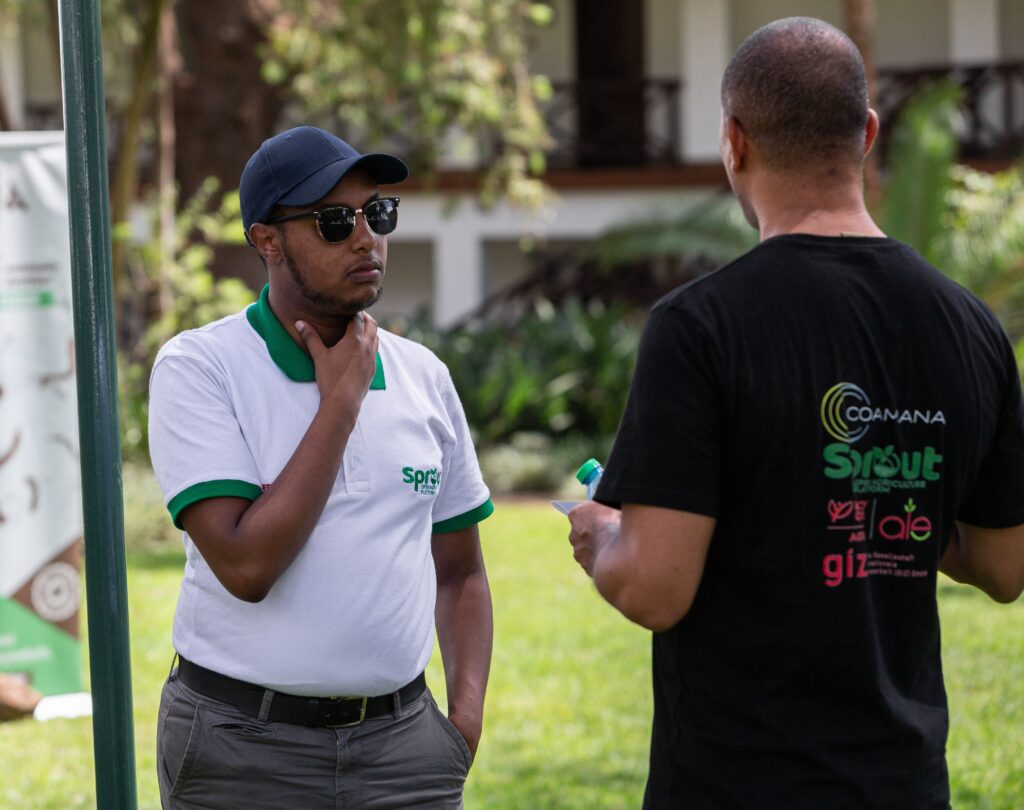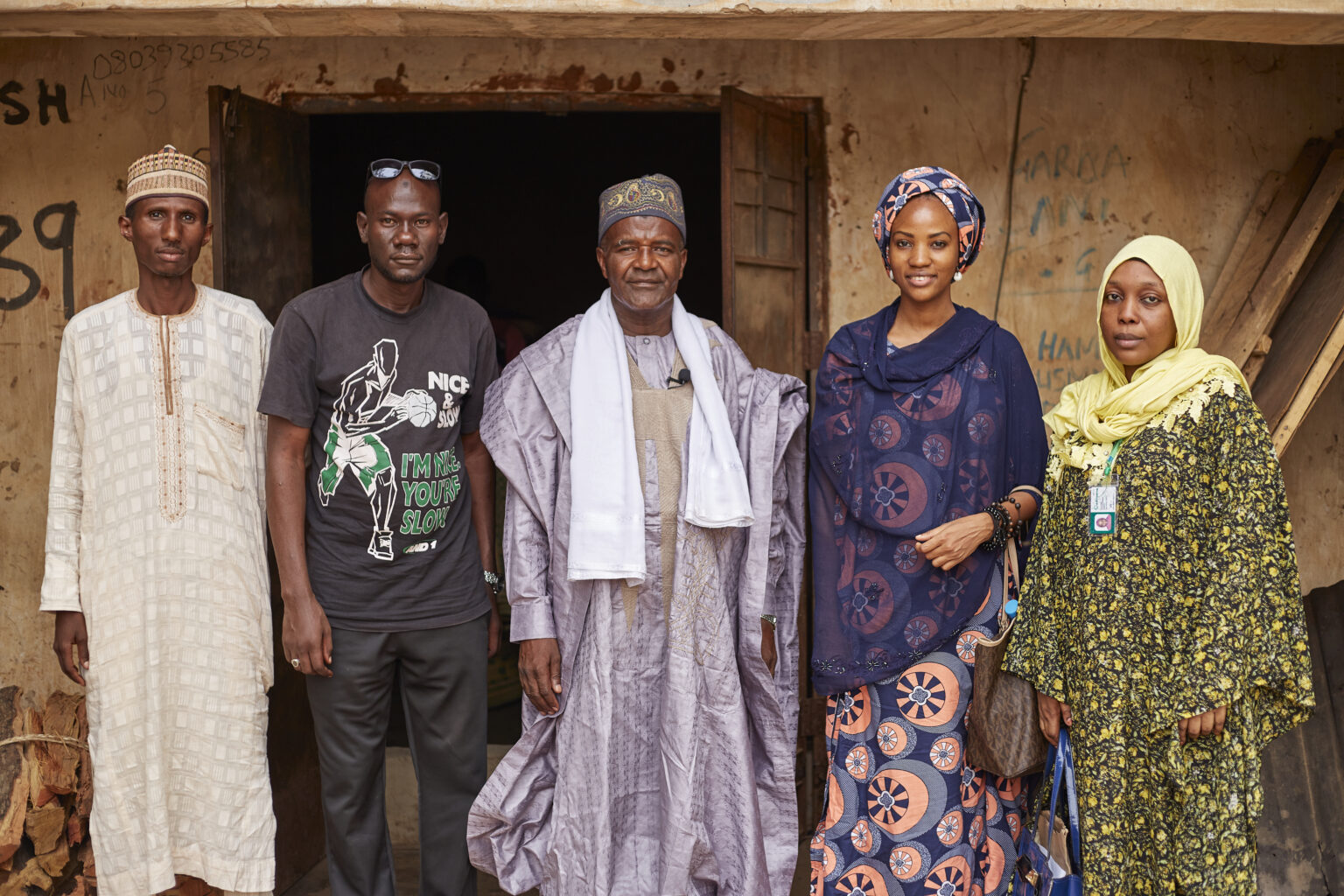When we first set out to digitize agricultural trade through Amana Market, we quickly learned something important: technology alone doesn’t fix inefficiencies. Markets are living systems—held together by trust, habits, relationships, and a constant flow of goods and people. If we were serious about making these systems stronger and more inclusive, we needed more than a platform. We needed the right partners—ones who understood finance, insurance, education, and community—and were willing to walk the journey with us. What followed has been a powerful story of collaboration, growth, and impact.
Take banking, for example. For many farmers and traders, financial services were out of reach—not because they didn’t need them, but because they had never been included. Through partnerships with VfD Bank in Nigeria and Equity Bank in Kenya, we’ve made it easier for market users to open accounts, access credit, and build financial footprints. Trade volumes surged because users could now take bigger positions in the market. With support from organizations like Emerald Africa, we introduced trade financing directly into Amana Market. For the first time, farmers had reliable capital to fulfill large orders. Their capacity shot up—some by as much as 300%. In a short time, farmers who once hesitated to trade in bulk were confidently scaling their operations.
But market efficiency isn’t just about access to money—it’s also about managing risk. That’s why we partnered with Pula and Leadway Insurance to co-develop a post-harvest insurance product tailored to our market users. It provides coverage for unexpected losses due to spoilage or theft—common but devastating challenges in agricultural trade. This protection has made farmers more willing to engage in bigger transactions and has brought a new sense of stability to markets that were previously vulnerable to shocks. At the same time, we partnered with SPROUT, an open content platform, to deliver weather updates, flood alerts, and best-practice farming tips to users. Armed with timely, location-based insights, farmers are making better decisions, increasing their yields, and trading more efficiently.

At the core of all this is a commitment to inclusion. Women form the backbone of agricultural markets, yet they often face the highest barriers. Through support from GIZ SAIS and Mercy Corps AgriFin, we’ve developed intentional strategies to include women farmers and traders in our work. Today, over 45% of active traders on Amana Market are women—a reflection of what’s possible when partnerships are built with equity in mind.
For us, partnerships are more than handshakes; they’re bridges. And when we build those bridges well, we don’t just connect systems—we strengthen them for everyone.

